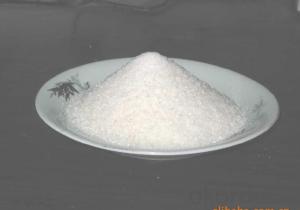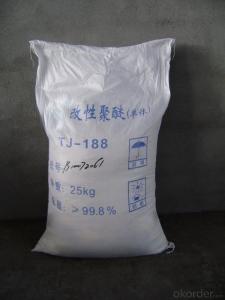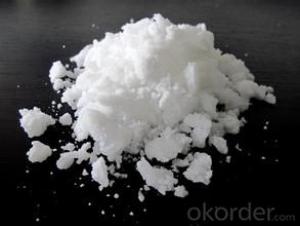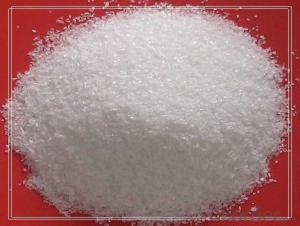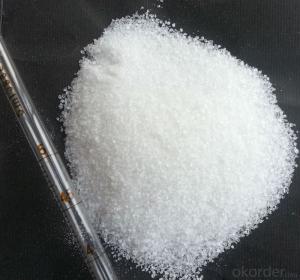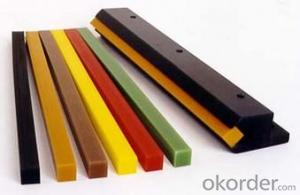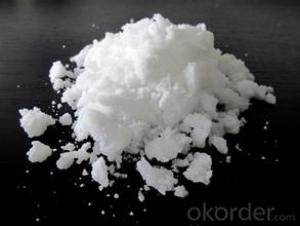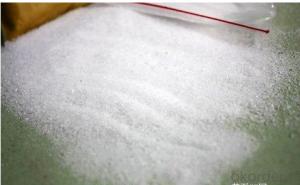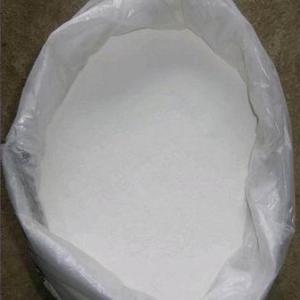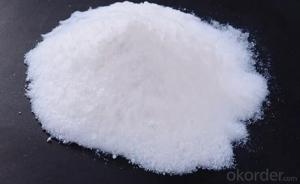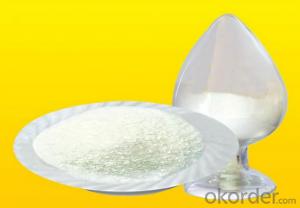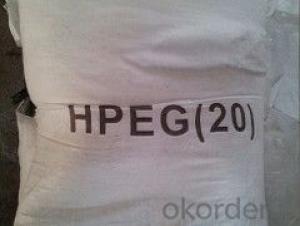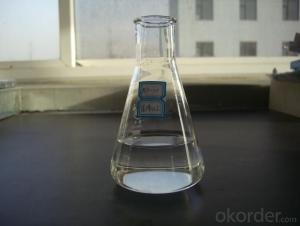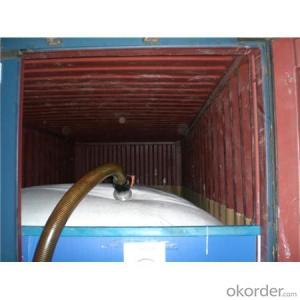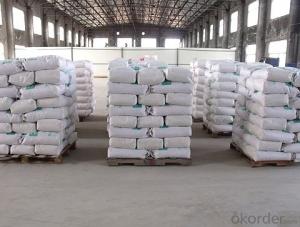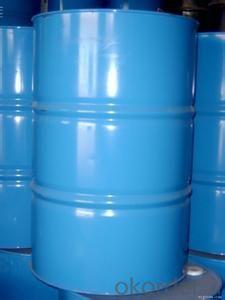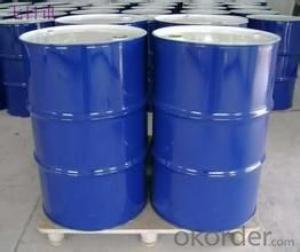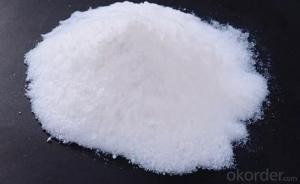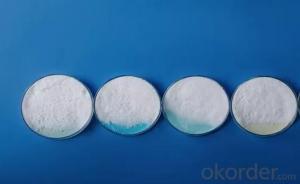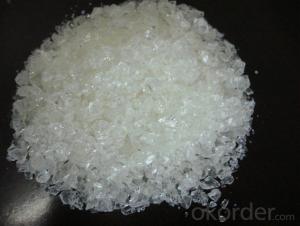All Categories
- - Steel Wire Rod
- - Steel Coils
- - Steel Profiles
- - Steel Pipes
- - Stainless Steel
- - Tinplate
- - Special Steel
- - Steel Sheets
- - Steel Rebars
- - Steel Strips
- - Hot Rolled Steel
- - Cold Rolled Steel
- - Pre-painted Steel
- - Seamless Steel Pipe
- - Welded Steel Pipe
- - Hollow Steel Tubes
- - Galvanized Pipe
- - Stainless Steel Coil
- - Stainless Steel Sheet
- - Stainless Steel Plate
- - Stainless Steel Strips
- - Electrolytic Tinplate Coil
- - Electrolytic Tinplate Sheet
- - Stainless Steel Rebars
- - Solar Panels
- - Solar Water Heater
- - Solar Related Products
- - Solar Inverter
- - Solar Cells
- - Solar Light
- - Solar Energy Systems
- - Solar Controllers
- - Solar Mounting System
- - Solar Pump
- - Solar Chargers
- - Fiberglass Chopped Strand
- - Fiberglass Mesh Cloth
- - Composite Pipes
- - FRP Pultrusion Profiles
- - Fiberglass Mat Tissue
- - Fiberglass Fabrics
- - Fiberglass Mesh
- - Composite Tank
- - Fiberglass Mesh tape
- - Polymer
- - FRP Roofing Panel
- - Fiberglass Roving
- - Monolithic Refractories
- - Ceramic Fiber Products
- - Refractory Bricks
- - Raw Materials For Refractory
- - Suspended Platform
- - Cranes
- - Concrete Machinery
- - Earthmoving Machinery
- - Building Hoist
- - Road Building Machinery
- - Plastic Pipe Fittings
- - Plastic Tubes
- - Plastic Sheets
- - Agricultural Plastic Products
- - Plastic Nets
 All Categories
All Categories
Q & A
What is the role of polymers in the development of antifouling coatings?
Polymers play a crucial role in the development of antifouling coatings by providing a protective and durable barrier against fouling organisms. These coatings are designed to prevent the attachment and growth of marine organisms on surfaces, such as ship hulls and underwater structures. Polymers in antifouling coatings can be tailored to have specific physical and chemical properties that deter fouling, including low surface energy, smoothness, and release of biocidal agents. The use of polymers allows for the creation of long-lasting and effective antifouling coatings that help improve the performance and efficiency of marine systems.
What are the different methods of polymer recycling?
Some of the different methods of polymer recycling include mechanical recycling, chemical recycling, and feedstock recycling. Mechanical recycling involves shredding and melting the polymer waste to create new products. Chemical recycling involves breaking down the polymer into its constituent monomers, which can then be used to create new polymers. Feedstock recycling involves converting the polymer waste into a fuel or chemical feedstock for other industrial processes.
What are the advantages of using polymers in renewable energy technologies?
There are several advantages of using polymers in renewable energy technologies. Firstly, polymers are lightweight and flexible, making them ideal for applications such as solar panels and wind turbine blades, where weight reduction and flexibility are crucial. This allows for easier installation, transportation, and maintenance of renewable energy systems.
Secondly, polymers can be easily molded into different shapes and sizes, enabling the design and production of custom-made components for renewable energy technologies. This versatility allows for improved efficiency and performance of renewable energy systems.
Additionally, polymers are known for their durability and resistance to corrosion, making them suitable for outdoor and harsh environmental conditions. This enhances the longevity and reliability of renewable energy systems, reducing the need for frequent replacements and repairs.
Furthermore, polymers are often more cost-effective compared to traditional materials used in renewable energy technologies, such as metals. They are typically cheaper to produce and require less energy during manufacturing processes. This cost advantage contributes to the overall affordability and accessibility of renewable energy.
Lastly, polymers can be engineered to possess specific properties, such as high thermal and electrical conductivity, which can enhance the efficiency of renewable energy technologies. These tailored characteristics enable better heat transfer, electrical conduction, and energy conversion, leading to improved performance and output of renewable energy systems.
In conclusion, the advantages of using polymers in renewable energy technologies include their lightweight nature, flexibility, versatility, durability, cost-effectiveness, and the ability to engineer specific properties. These benefits contribute to the overall advancement and adoption of renewable energy, making polymers an essential component in the sustainable energy sector.
Wholesale Polymer from supplier in Nepal
We are a Polymer supplier serving the Nepal, mainly engaged in the sale, quotation, and technical support services of various Polymer products in the Nepal region. We are a subsidiary platform of the Fortune Global 500 company CNBM, able to provide you with one-stop Polymer procurement services in the Nepal. Not only do we have a wide range of Polymer products, but after years of market development in the Nepal, we can also provide valuable experience for your projects.
Hot Search
- Fiberglass Chopped Strand in Italy
- Fiberglass Mesh Cloth in Panama
- Composite Pipes in Chad
- FRP Pultrusion Profiles in Australia
- Fiberglass Mat Tissue in Uzbekistan
- Fiberglass Fabrics in Philippines
- Fiberglass Mesh in Guatemala
- Composite Tank in Serbia
- Fiberglass Mesh tape in France
- Polymer in Andorra
